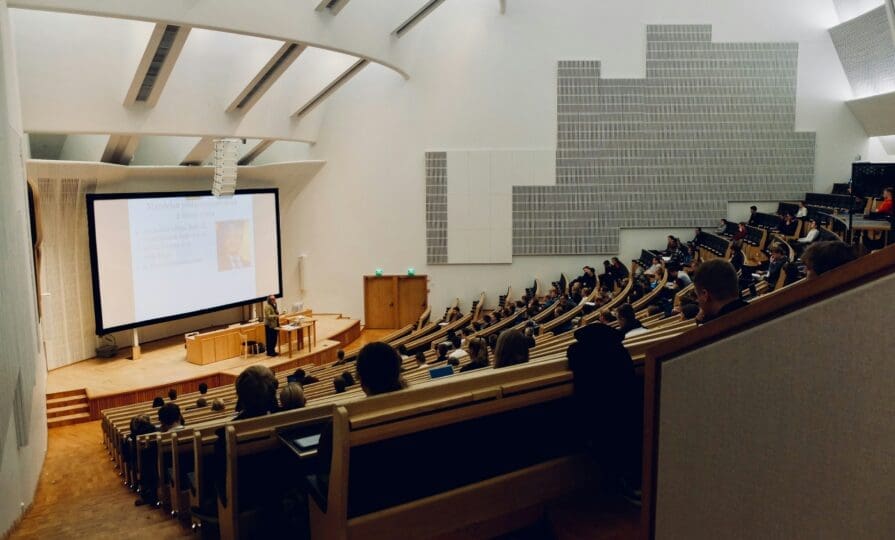Universities UK calls for ‘new era’ of collaboration
Its taskforce outlines options for strategic, proactive collaborations which continue to preserve competition, which could take the form of federations, group structures or partnerships

Register to get 1 free article
Reveal the article below by registering for our email newsletter.
Want unlimited access? View Plans
Already have an account? Sign in
University leaders need to work together and share assets and services in the national interest, according to a report from a taskforce set up by Universities UK.
Its report, ‘Towards a New Era of Collaboration’ is the result of work initiated by Universities UK and led by independent Chair Sir Nigel Carrington.
It identifies seven opportunities open to the university sector, amongst which is the exploration of novel collaborative structures between institutions, and the action needed from central government to enable universities to drive this change.
Universities UK said that this could extend to mergers, but its report is “also clear that this is unlikely to be a workable or desirable solution in most cases”.
Instead, the taskforce outlines other options for strategic, proactive collaborations which continue to preserve competition, which could take the form of federations, group structures between aligned or geographically linked institutions, or partnerships on certain functions and disciplines.
Beyond calling for more collaborative structures, the taskforce has set out a series of other opportunities for universities to drive even greater efficiencies:
- Sharing more services and infrastructure – a concept supported by 91% of senior leaders surveyed by the taskforce
- Using economies of scale and sector buying power
- Supporting digital transformation
- Adopting a common approach to assessing efficiency and benchmarking costs
- Evolving leadership and governance
- Creating the right policy and regulatory environment that helps universities go further, faster
The taskforce also suggests universities consider shared provision of some teaching, particularly to preserve vulnerable disciplines and avoid “cold spots” – geographical areas where some subjects cannot be accessed at all.
The taskforce also warned that the continued delivery of efficiencies at an institutional level “cannot alone solve the financial challenges facing institutions”.
It added that “innovative partnership working will be needed across the sector”, along with a sustainable funding settlement from the government.
Sir Nigel Carrington, chair of the Taskforce, said: “Universities are ambitious to drive transformative change, and I’ve been struck by their considerable appetite, in the fact of unprecedented financial challenge, to think and work differently to protect the strengths of our world leading sector, to deliver even better value for public money, and to continue to improve the experience for students.
“The focus of the previous UK government for more than a decade, on competition between institutions – whilst supporting for student choice – has also created barriers to transformation through collaboration. We need to make sure the balance between competition and collaboration is right if we are to secure a sustainable future. Universities are clearly ready to think differently, and it is our job, and the job of government, to support them as they do so.”
He added: “This report, and the work which will follow it, represents a commitment to mutual accountability and to ambitious reform for a sustainable future which continues to deliver prosperity for communities across the UK. At the same time, we should also be clear that no degree of collaboration and partnership working will negate the sector’s need for an improved funding settlement, and we call on government to recognise this in the forthcoming Comprehensive Spending Review.”

